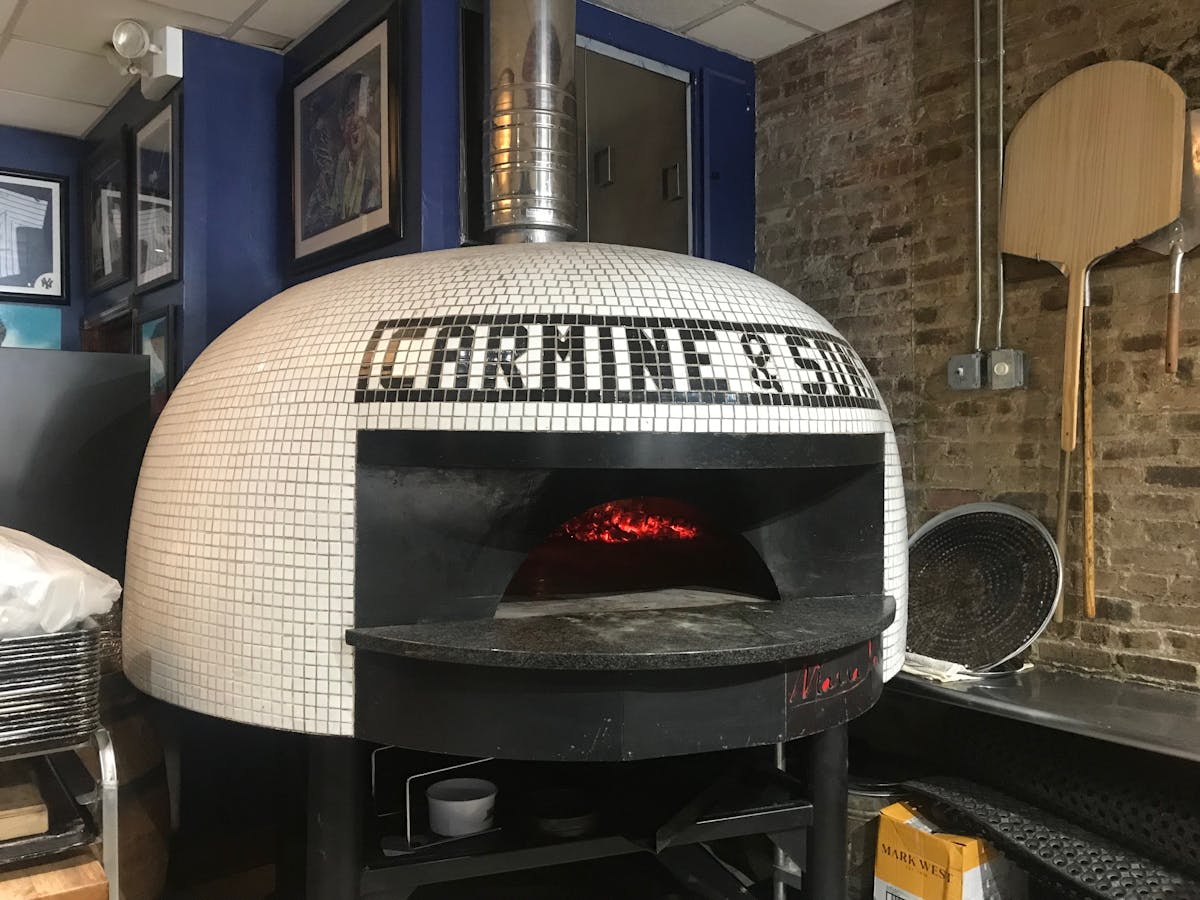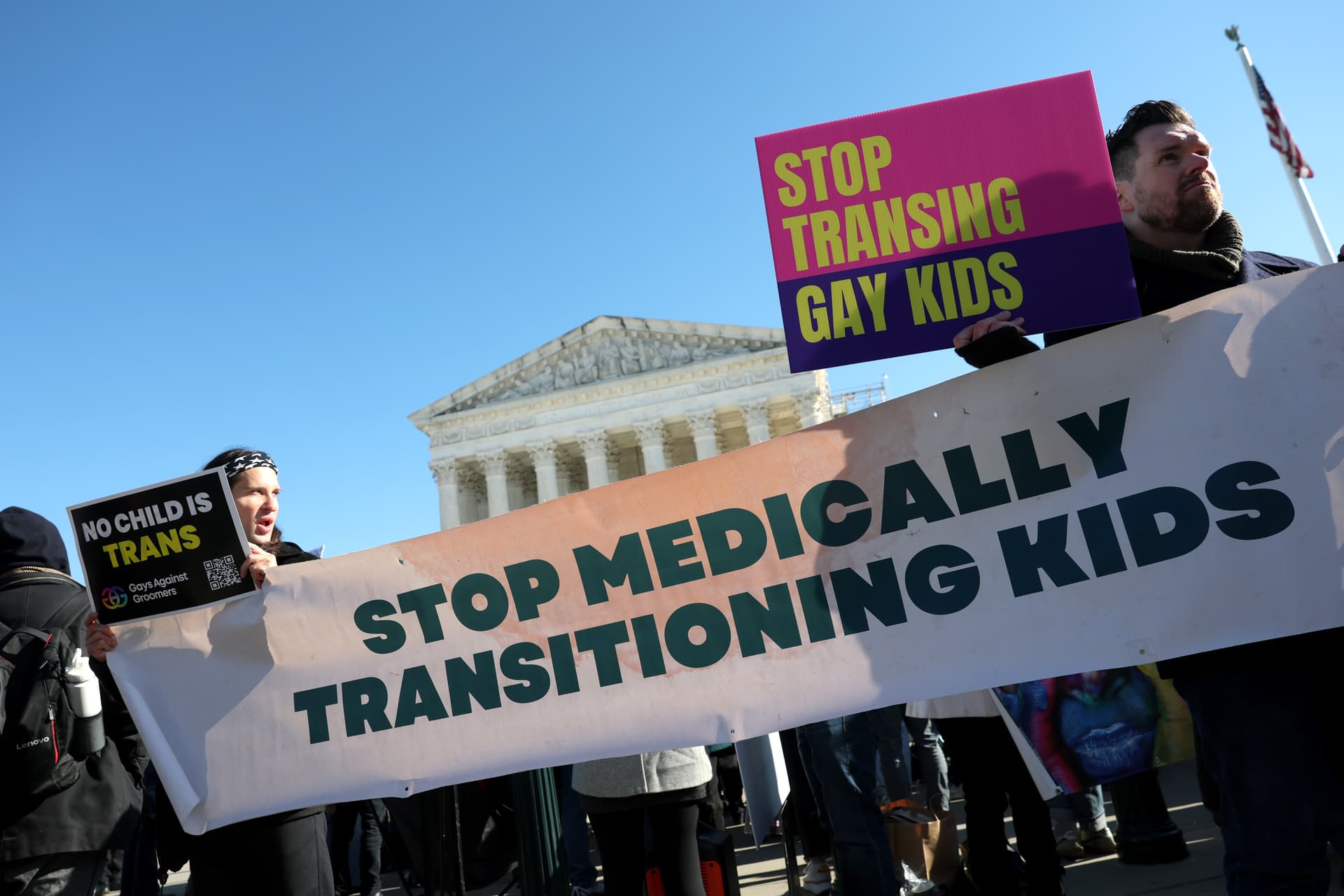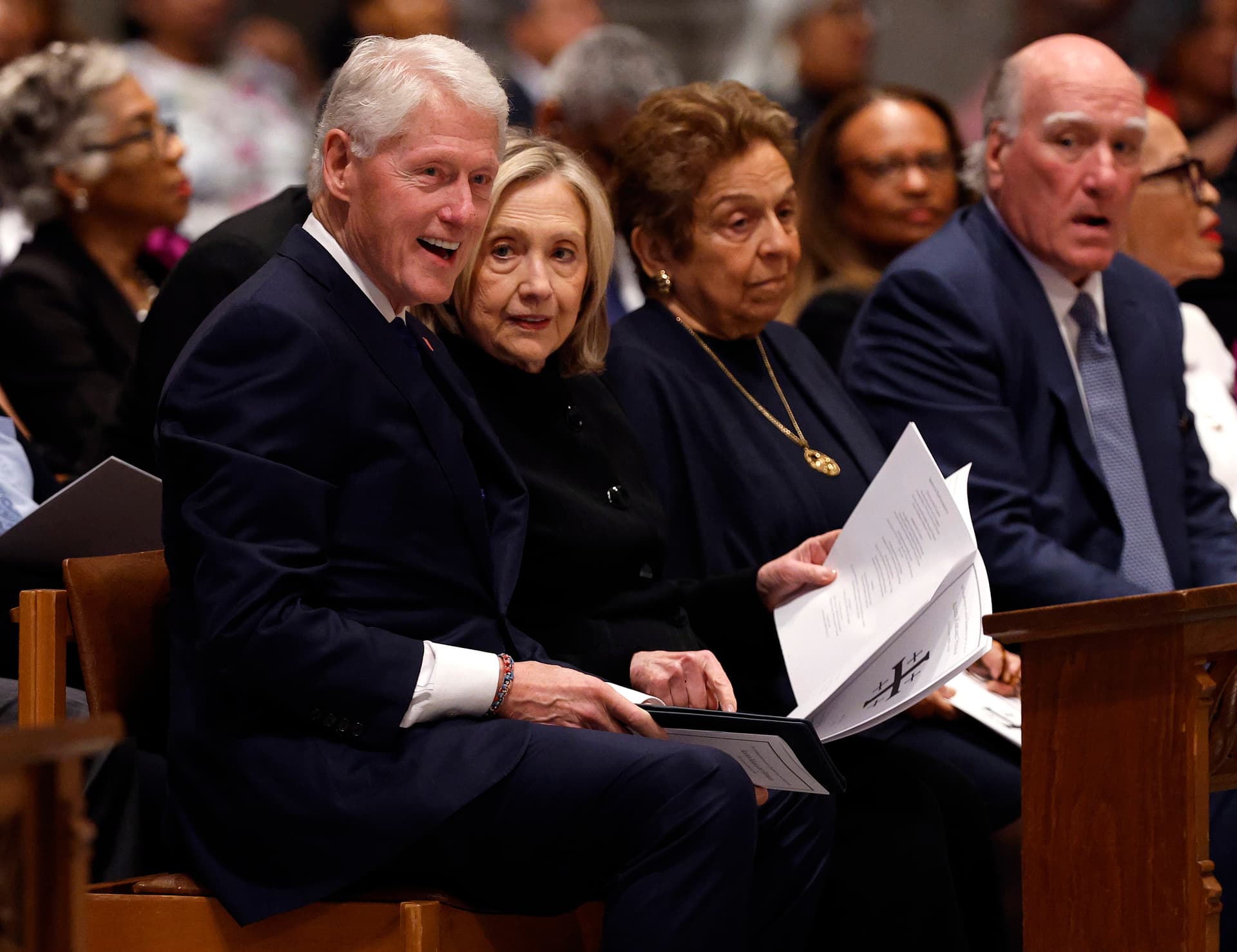
Can Trump ‘Nationalize’ Elections?
By THE NEW YORK SUN
|‘This is an egregious overstep of the state and local government,’ wrote one citizen in an official comment submitted to the city’s Department of Environmental Protection.

Already have a subscription? Sign in to continue reading
$0.01/day for 60 days
Cancel anytime
By continuing you agree to our Privacy Policy and Terms of Service.

By THE NEW YORK SUN
|
By JOSEPH CURL
|
By LAWRENCE KUDLOW
|
By BRADLEY CORTRIGHT
|
By MATTHEW RICE
|
By LUKE FUNK
|
By BENNY AVNI
|
By JOSEPH CURL
|